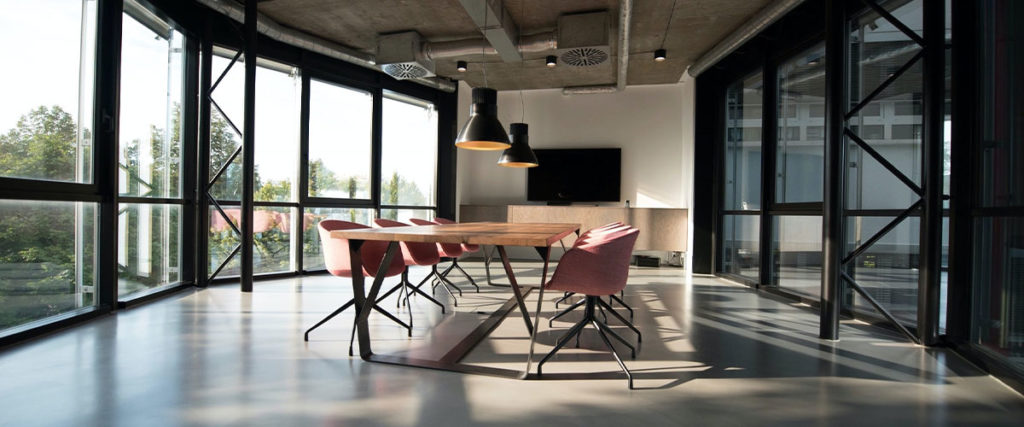Hong Kong-headquartered coworking space WorkTech is experiencing major financial difficulties, including property seizure, unpaid employee salaries, and alleged fraud, due to gross mismanagement, according to Jumpstart Magazine. The company is alleged to have defaulted on multiple leases, owing sums ranging from HKD 300,000 to 6 million. The subsequent seizure of property by disgruntled landlords could compromise the firm’s entire operations.
On 1 June, four senior executives resigned from WorkTech, including former COO Eddie Lin and former Singapore and Taiwan CEO Darren Chua, citing non-payment of wages for up to four months. These former employees subsequently detailed ongoing abusive language from founder Michael Wong, the fraudulent failure to register employee MPF accounts, despite continued salary deductions, and repeated evasions to pay employees their salaries.
Just a few months earlier, WorkTech had announced an oversubscribed funding round of USD 25 million in February, led by Raffles Family Office and Click Ventures. However, after the deal fell through, as corroborated by a statement from the Raffles Family Office on 15 April, Wong continued to claim that he had received the money in order to secure further funding, according to Chua.
WorkTech currently operates 19 APAC locations in Hong Kong, Beijing, Shanghai, and Taiwan, although a former employee has opined that the coworking space is doomed to be shuttered within three to four months, given the company’s outstanding debt to its landlords. Coworking operators traditionally rely on locking in long leases at lower rates to turn a profit, subleasing the space out to firms.
WorkTech’s troubles follow WeWork’s highly publicised implosion – once valued at USD 47 billion, WeWork is now worth under USD 3 billion after a failed IPO late last year. Founder and then-CEO Adam Neumann resigned in September and former co-founder Miguel McKelvey also stepped down this month.
However, as social distancing measures lift in APAC countries including Hong Kong, Thailand, Singapore, and New Zealand, the coworking spaces show signs of revival in the longer term. “We’re seeing a period where scale does matter. It’s good to be a broad-based operator,” Constant Tedder, founder of APAC coworking space the Hive, has stated. “When it comes to operators with just two or three locations, however, I think they’ll find it increasingly difficult to stay occupied and to survive in what’s going to be a very tough couple of years.” Going forward, he believes that demand for coworking spaces will continue to increase, having been accelerated by the COVID-19 pandemic, with corporates and SMEs alike eager to take advantage of the flexibility that coworking offers.
For full details on WorkTech’s internal implosion and ongoing collapse, check out Jumpstart Magazine’s extensive insider coverage.
Banner Photo from Unsplash
Related Articles
WeWork Co-Founder Miguel McKelvey to Step Down
Future of Work Report: Will Remote Working Continue Post-COVID-19?





